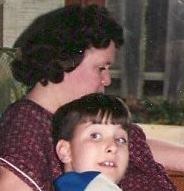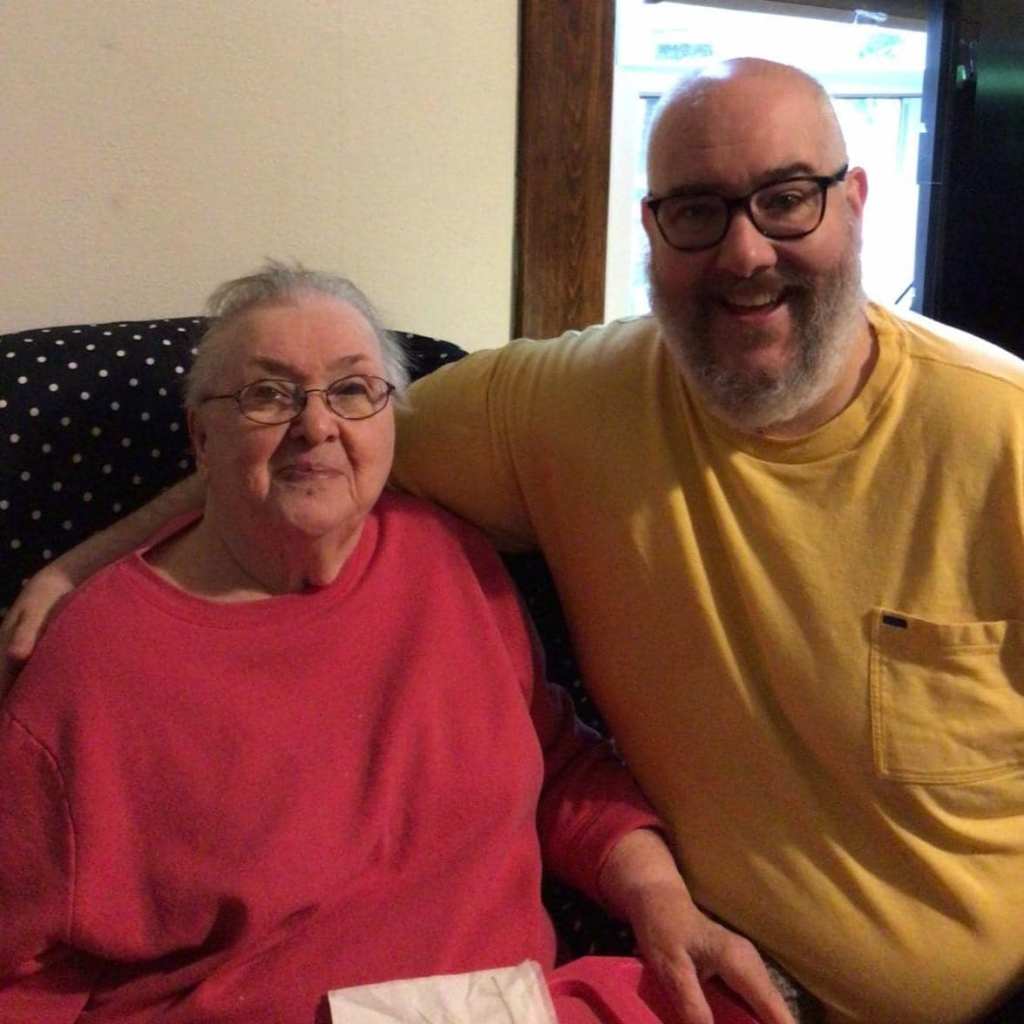The conviction our Lord tells His disciples about in John chapter sixteen is a different kind of conviction than you and I are used to hearing about. Saint John, under the inspiration of the Holy Spirit, uses the verb “to convict” in the sense of drawing something into the light and exposing it.
You’re probably not happy about the Holy Spirit drawing your sin into the light of God’s conviction and exposing it before the world, let alone yourself. The confession of sin at the beginning of the Divine Service doesn’t seem like a great way to start corporate worship. You would expect a big production number like TV variety shows used in the 1960s and 1970s. You would expect a positive start to our Savior meeting you here in Word and Sacrament with joy. Instead it’s the downer of admitting before our heavenly Father and everyone else, especially your family and other loved ones, that you are “by nature sinful and unclean”. You have not loved God with your own heart. You have not loved your neighbor as yourself. You justly deserve temporal and eternal punishment.
The Holy Spirit does not leave you twisting in the wind of judgment. He directs your ears and your eyes to Jesus Christ, Who forgives you all your sins. He directs your attention to the words from my mouth. It’s not my forgiveness I speak to you, but God’s forgiveness. Pastors like me get the privilege of telling you the truth about sin and forgiveness, the truth that we sing in the hymn “Chief of Sinners, Though I Be”, whose first stanza continues, “Jesus shed His blood for me, died that I might live on high, lives that I might never die. As the branch is to the vine—I am His and He is mine.”
To forgive your sins is to declare you righteous. Jesus says the Holy Spirit will convict the world concerning righteousness, because I go to the Father, and you will see me no longer. Being convicted of righteousness does not sound comforting. Consider, though, that the Holy Spirit convicts by drawing something into the light and exposing it. Your righteousness, when it is revealed to you, is like a polluted garment, as the prophet Isaiah nicely calls it. No one looks good wearing a polluted garment. In Baptism, however, your polluted garment is changed. It is taken off your body, washed clean in baptismal water, and put back on you as a spotless, perfect, and holy garment. The thing about that clean garment is that it has been washed in the blood of Jesus Christ. A garment washed in blood should turn scarlet. It turns white, pure white, holy white, perfect white. What a mysterious, yet salvific washing!
How would you know this unless someone came into your midst and told you this is true? Someone has come into your midst: a pastor. Pastors are sent to tell you the conviction of the Holy Spirit. Saint Paul calls those in the apostolic ministry servants of Christ and stewards of the mysteries of God. That’s what Vicar Sinatra has been learning to do during his time among us. The day is drawing near when he will be under divine orders to convict a congregation of sin, righteousness, and judgment. It’s a humbling task, but a noble task, a conviction that even a pastor like me stands under because he, also, is a sinner in need of the righteousness that is outside himself.
The Holy Spirit, sent by Jesus on the Day of Pentecost, convicts the world concerning judgment, because the ruler of this world is judged. Good news at last, right? Finally, no more convicting me of sin or of my polluted righteousness. The bad guys get sent to hell and the good guys go to heaven. In a crass way that’s correct. There’s much more to judgment, though, than being good or bad.
Jesus says the ruler of this world is judged. The ruler of this world is Satan. His task is to drag you away from Jesus and His righteousness by any means necessary. The task is easier than it seems. All it takes is one moment when you do not hold God’s Word sacred or gladly hear God’s Word and learn it. The next thing you know, you walk hand in hand with Satan, despising preaching and God’s Word.
Let’s hear it again: the ruler of this world is judged. The foe thought he won when Jesus hanged on a tree. Yet the foe did not believe that the King of Kings and Lord of Lords would suffer and die for the sake of His people. The foe did not believe that he is the one being mocked and scorned in the death and resurrection of Jesus Christ. The ruler of this world is judged. Your judgment in Christ Jesus is innocent. Your death is a Sunday afternoon nap. Jesus lives, and you shall conquer death. That’s the message that brought my family much comfort last weekend as we laid my mom’s remains to rest in the sure and certain hope of a resurrection of her body. You might say the pastor convicted us of judgment because the ruler of this world is judged.
It’s not so bad to be convicted. The Holy Spirit, in preaching, baptism, and the Lord’s Supper, brings the mysteries of God to the light and shows them to the world. Blessed are you as you believe in His conviction, for your sin is forgiven, you are righteous in the Father’s eyes for Jesus’ sake, and you are judged worthy of eternal life. Because Jesus lives, you live.

